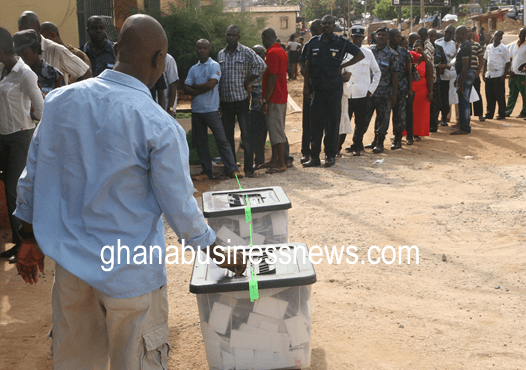

 The Afrobarometer Insights for 2025 was launched yesterday July 8, 2025 in Accra, and it shows that Africans are as much, participating in multiple political and civic activities, at levels that compare favourably with other regions of the world.
The Afrobarometer Insights for 2025 was launched yesterday July 8, 2025 in Accra, and it shows that Africans are as much, participating in multiple political and civic activities, at levels that compare favourably with other regions of the world.
According to the findings of the report, contrary to theories and findings from the Global North, in Africa it appears that need fosters participation, rather than disengagement: “The least-wealthy citizens, and the least-wealthy countries, report higher rates of engagement than their better-off counterparts,” it says. In other words, citizens in need are more engaged in political and civic activities than wealthy citizens.
The report also found that more democracy, especially in the form of high-quality elections and responsive leadership, appears to foster more participation.
“This positive feedback has critical implications for strengthening citizen engagement – and with it, the effectiveness of political systems and the quality of governance – across the continent,” it explained.
It said further that citizens are more likely to participate in political and civic activities if they are satisfied with the way their democracy works, believe that their elections are free and fair, and see their local elected officials as responsive to their needs.
The report, which is the second in an annual series on high-priority topics, draws on data spanning the last 10 years, including the latest round of nationally representative surveys in 39 countries, representing the views of more than three-fourths of the continent’s population.
According to the authors of the report, the analysis focuses on key indicators of citizen engagement: voting, political party affiliation, political discussion, attending community meetings, joining with others to raise an issue, contacting leaders, and protesting.
They indicated that the findings, based on 53,444 face-to-face interviews, show that most Africans participate in multiple political and civic activities, with voting being the predominant form of engagement and protesting being the least common.
But they pointed out that gaps exist, especially among youth and women. “Poorer, less educated, and rural Africans tend to participate more in political and civic activities than their wealthier, more educated, and urban counterparts,” they said.
The new report accompanied by country scorecards on citizen engagement that provide an at-a-glance snapshot of the key indicators of citizen participation at the national level for each of the surveyed countries, also analysed key indicators of citizen engagement: voting, political party affiliation, political discussion, attending community meetings, joining with others to raise an issue, contacting leaders, and protesting.
It looked at current levels of engagement, trends over the past decade, demographic patterns of engagement, and key factors that drive citizens to make their voices heard.
By Emmanuel K Dogbevi
The post Africans participate in politics just as people in other parts of the world – Afrobarometer appeared first on Ghana Business News.
Read Full Story

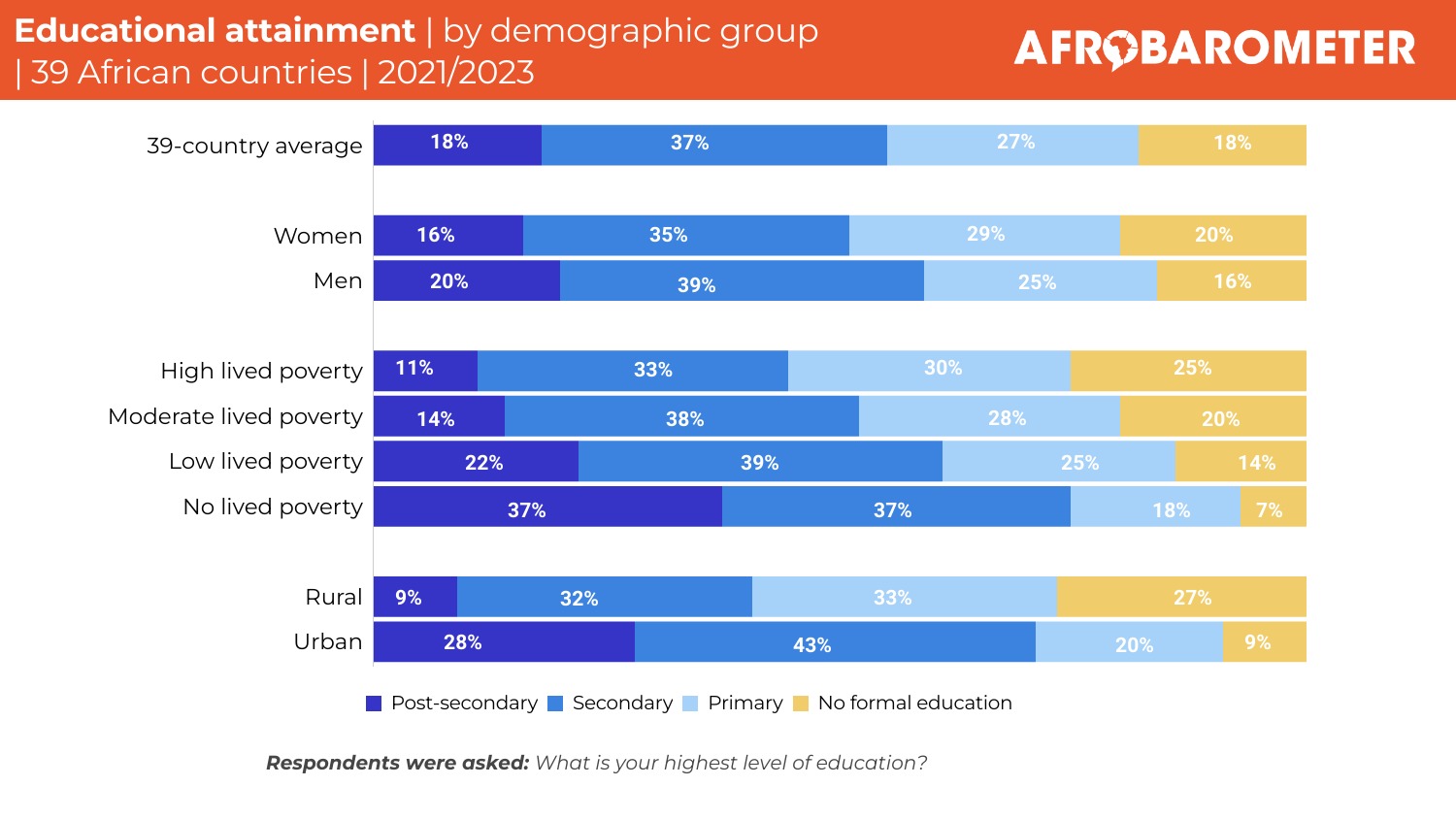







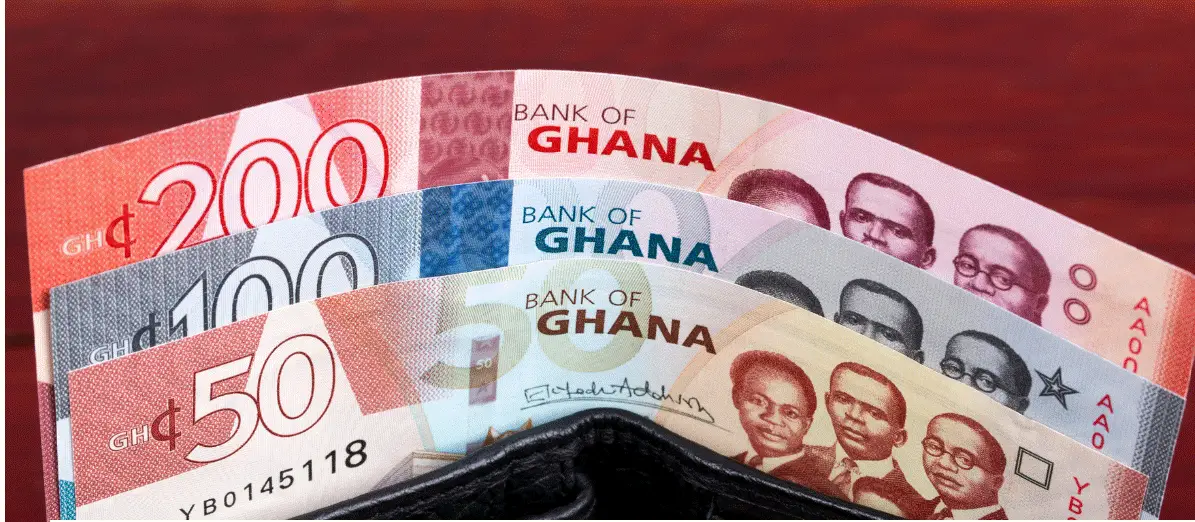

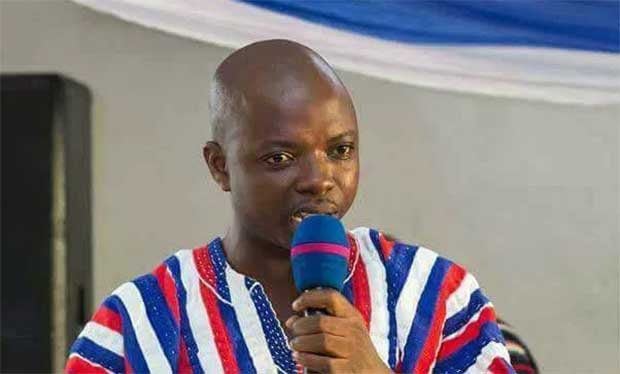



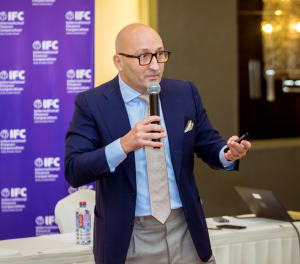
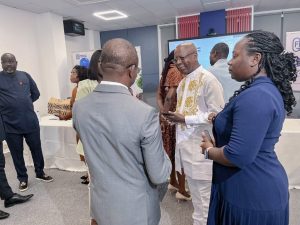
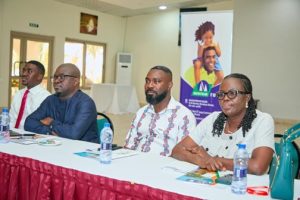
Facebook
Twitter
Pinterest
Instagram
Google+
YouTube
LinkedIn
RSS